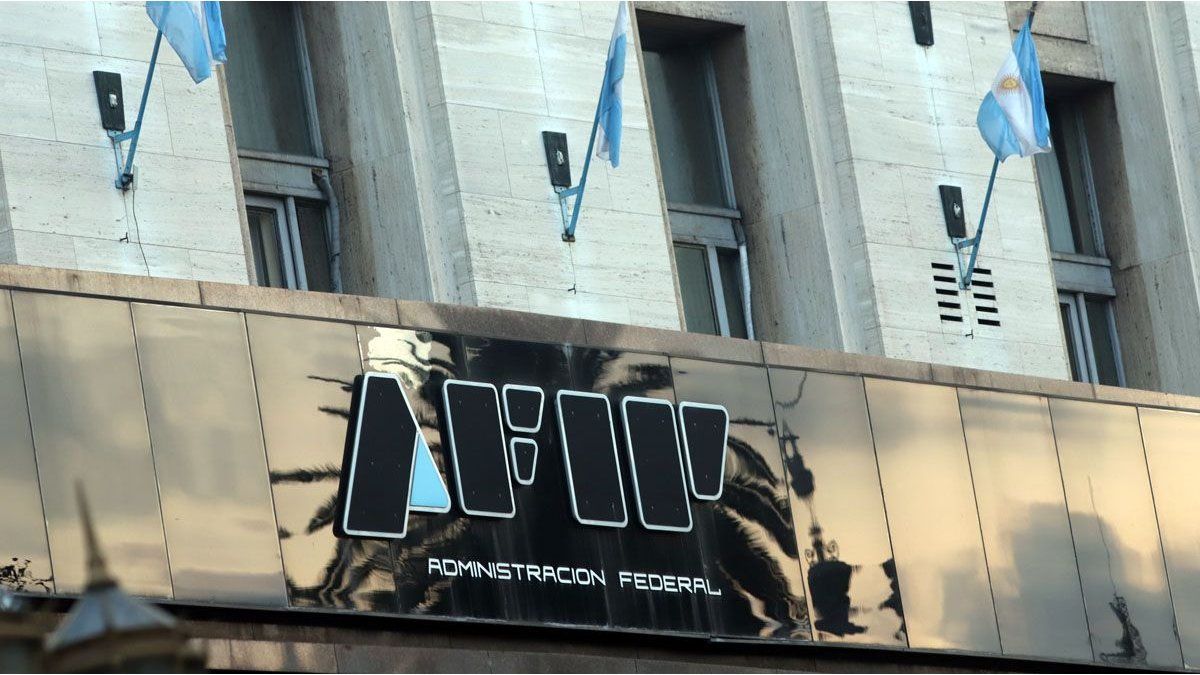The recent regulation of Law 27,743 (money laundering) by the Federal Public Revenue Administration (AFIP) outlined the strategy that will forge the foundations of the coming economy for the Minister of Economy, Luis Caputoaimed at both meeting fiscal objectives and addressing the slowdown in inflation. Within this framework, key dates were set for achieving these objectives.
Thus, the Government hopes to launder more than US$40 billionaccording to the latest staff report of the Argentine program agreed with the International Monetary Fund (IMF). They are about US$10,000 millions more than the most optimistic forecasts from the private sector.
Apart from that fact, the Consultant 1816 makes some projections, while starting from the premise that the capital externalization operation was not launched with the objective of collecting taxes, but of gathering more dollars. The report indicates that the document agreed with the Washington-based organization states that the collection of the special tax would be 0.3% of the GDP, which indicates that the government expects declarations for more than US$40,000 million, taking into account that amounts less than US$100,000 do not pay tax, nor do those who exceed that figure have the money in a special account until December 31, 2025.
“If I had to throw out a number: 50,000 people laundering $100,000 would be equivalent to $5,000 millions who would not be paying the tax,” the 1816 report states. In this regard, the consultancy firm considers that “it is very difficult to propose alternative figures” to those of the government because it is considered that there is “a lot of stock.”
In this context, and after the interruption in July of the financial surplus due to the “payment of debts”, as indicated by the Minister of Economy, Luis Caputothe bulk of tax revenues are expected to be concentrated in the coming months, especially between August and September. This is due to the incentives implemented, which could lead to a new postponement of increases in tariffs or taxes on fuels in order to reduce the Consumer Price Index (CPI) and bring it closer to the 2% expected in the crawling peg rate.
Changes in Income Tax and Moratorium
Starting in August, the Income Tax thresholds established by Law 27,725 will be modified. Single workers earning from $1.8 million gross and married couples with two children earning from $2.3 million gross will be subject to this tax. The initial estimate of the Ministry of Economy was to collect 0.4% of the Gross Domestic Product (GDP) with these changes. However, due to the delay in Congress, this projection was reduced to 0.25% according to the latest estimate of the International Monetary Fund (IMF).
The tax moratorium in force since July 12, 2024 allows the regularization of customs, tax and social security debts due until March 31, 2024. The first 30 days offer a 70% waiver of fines and interest, with the option to pay in up to three installments or in cash. Subsequently, starting October 9, the moratorium will offer a 20% waiver, with different payment options depending on the type of taxpayer.
Money laundering
Although some critics question the objective of money laundering, expectations are set on collecting taxes in US dollars. The first stage of the program will end on September 30, when the highest incentives will be applied for amounts over $100,000, with a 5% rate on the excess and the possibility of externalizing cash.
taxes afip moratorium money laundering
These measures form a complex network of fiscal policies designed to optimise revenue and control inflation.
freepik.es
To date, 150 taxpayers have registered in this stage, although with low amounts, possibly as a way of evaluating the system. The second and third stages of the whitening process, which will run until March 31, 2025, foresee rates of 10% and 15% respectively for amounts over $100,000.
Modifications to Personal Property
The reforms to the Personal Property Tax and the Special Income Regime for the periods 2023-2027 also play an important role in the collection strategy. Although the corresponding regulatory decrees have already been issued, the AFIP has yet to publish the General Resolution that regulates the Special Regime and the corresponding application for its implementation.
These measures form a complex web of fiscal policies designed to optimise revenue and control inflation, while reflecting the challenges and adjustments required in the current economic environment.
Source: Ambito
I am a 24-year-old writer and journalist who has been working in the news industry for the past two years. I write primarily about market news, so if you’re looking for insights into what’s going on in the stock market or economic indicators, you’ve come to the right place. I also dabble in writing articles on lifestyle trends and pop culture news.




